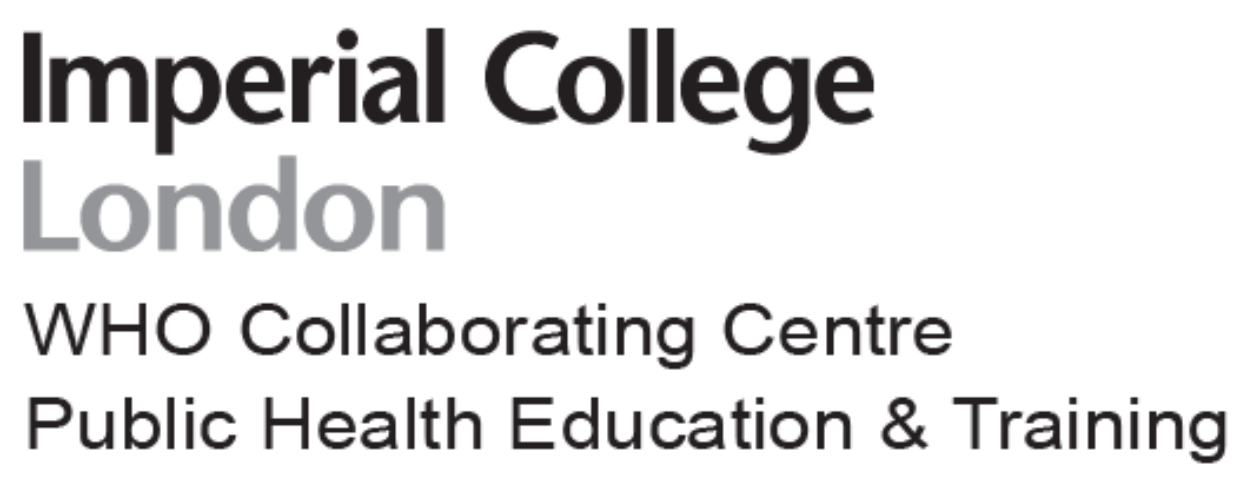MHRA Annual Lecture Report
MHRA Annual Lecture Report
Speaker: Dr Margaret Chan, Director General, WHO
In occasion of the MHRA’s 11th annual lecture, Dr Margaret Chan was invited to give a lecture, which she titled “From healthcare products to health and reliance: the expanded role of regulatory authorities in an era of global health perils.”
Sir Michael Rawlins introduced Dr Chan, describing her impressive experience, from medical practice in Australia to Director of Health of Hong Kong, and now in her second five-year post as Director General at the WHO. Forbes named her the 30th most powerful woman in the world.
She gave an eloquent, precise and targeted talk with some very strong messages regarding Health Systems preparedness, antimicrobial resistance, collaborative working, the power of vaccines, and the fundamental priority that is prevention.
On the issue of healthcare budgets
“When the need to cut costs takes precedence over the duty towards the public’s health, disaster like the Flint Water Crisis happen”. Dr Chan’s opening message was clear with regards to the important role that regulatory bodies and the WHO hold in safeguarding population health, where other interests may interfere.
Dr Chan spoke of the unfeasibility of the current response model, in which pharmaceutical companies are expected to burden the cost and risk of rapid research and development to respond to global crises like Ebola. There was a call for a new financing model that brings everyone together to work ahead of future emergency outbreaks and helps fund clinical trials. This is a message that has been proposed by Roger Stein, you can see his proposition here for TED Talks. The world is woefully underprepared for high impact pandemics like Ebola and we must adapt quickly in order to respond to these threats in an increasingly globalised population setting.
Dr Chan called for innovation and a review of the status quo. Aiming for the moon when health budgets are shrinking, calls for approaches that use existing resources more wisely.
The role of regulators in creating credibility
Public confidence in medicines translates to confidence in the national health services. Much of the work that regulators do is silent and has a protective nature, it is absolutely crucial that the public can remain confident in regulators’ role especially as counterfeit and harmful drugs make it onto the market due to criminal greed.
Vaccines are the future
“Vaccines are the most cost effective interventions, especially in the face of a post-antibiotic era”. Dr Chan made many references to the threat of antimicrobial resistance and how close we are to being in a position where simple infections could kill, just how they did pre-modern medicine. The fight against antimicrobial resistance is complex and involves many sectors including the farming industry, primary and secondary care, and crucially, patient information and cultural shifts in different contexts.
However, instead of focusing on the importance of continued R&D for new antimicrobials, Dr Chan spoke of the huge potential which vaccines hold in helping move modern medicine forward. She called once more for a new type of funding, where all countries contribute to speed up production whilst maintaining high standards, for which she praised the UK’s National Institute of Biological Standards and Control (NIBSC).
How crisis builds collaboration
“The collaborative mechanisms that brought scientists, national health officials, pharmaceutical companies, and regulatory authorities together during the Ebola response establish pathways that can expedite product development during other health emergencies.” New pathways were forged during the Ebola crisis, the blue print of which is now helping the world to face the threat of the Zika virus. Where crisis happens, it is important to learn and implement real changes to keep populations safe and ensure information is shared efficiently to help contain outbreaks.
Unexpected threats highlight our weaknesses
“The refugee crisis has shattered the notion that far away wards don’t have an impact at home… The Ebola outbreak has shattered the notion that exotic diseases can’t cross our borders.” Dr Chan reiterated the importance of strong health systems in their ability to respond. When I told her about the health systems development work we do at Imperial WHO CC in the primary care and public health department, she was enthusiastic to point out the importance of health systems development and happy to hear that we are proactive in creating frameworks with which people can strengthen their own.
Who would have thought a mosquito bite could lead to neurological defects? In the 21st century, our response is still not fast enough but by collaborating and learning from every event, systems and response teams can be created which allow for progress and faster reactions whenever there is a need. As an example, Dr Chan quoted her experience in Brazil with Zika, saying that their ability to respond so quickly was down to their health system development.
Global warming is set to hit the countries who least contributed to it, in the most severe way.
Dr Chan spoke briefly but pointedly on the very real health impact which global warming is having on the world’s population, highlighting especially the plight which less developed countries, who contribute less to Global Warming itself, face in being the countries which face the direst consequences with the least resources to keep their populations safe.
Again, a collaborative global effort needs to be made not only to mitigate the damaging effects which global warming is having on the worlds’ most vulnerable populations, but also to prepare adequate responses for when crises do happen.
Antimicrobial resistance needs a cross sectorial approach
Dr Chan expressed her thanks to Dame Sally Davis’ work on focusing the need for the agricultural sector to act in diminishing antimicrobial resistance. Overuse of cheap, widely available antibiotics in the farming industry to be able to factory farm animals in confined spaces with the end goal to increase their mass and prevent infection within the farms, has caused a huge influx of antimicrobials to our food chain. 75% of new diseases come from animal sectors, and the agricultural use of antibiotics has a well-established link with antimicrobial resistance in humans.
The WHO working together with the FAO and other agencies need to address these issues as a matter of urgency. The December 2015 review on antimicrobial resistance has more in-depth information on the matter, and why it is a priority.
Sustainable Development Goals by 2030
Dr Chan spoke of the new sustainable development goals and the big aims of eliminating AIDS, TB and Malaria, and ending preventable childhood and maternal deaths. Again, Dr Chan highlighted that to ‘reach for the moon’ on shrinking budgets, innovation is key. She made reference to an exciting upcoming project in Rwanda, where drones will be used to bring medical supplies to those in most need. By working together, British architects, Rwandan ministers and global partners can make bringing medical supplies to remote areas a reality.
WHO’s message to the population: Prevention. Prevention. Prevention!
When asked what the one takeaway message is from the WHO, Dr Chan didn’t hesitate to clearly state: “Prevention! Prevention! Prevention!” Health literacy is key and more focus must be placed on building capacity for healthy lives. The WHO will be announcing a renewed focus on the battle against childhood obesity and again reiterated the SDG of improving maternal health, because, after all, having a good start in life is always a good start for life.
You can read the MHRA’s official report on their website: https://www.gov.uk/government/news/dr-margaret-chan-delivers-mhra-annual-lecture





